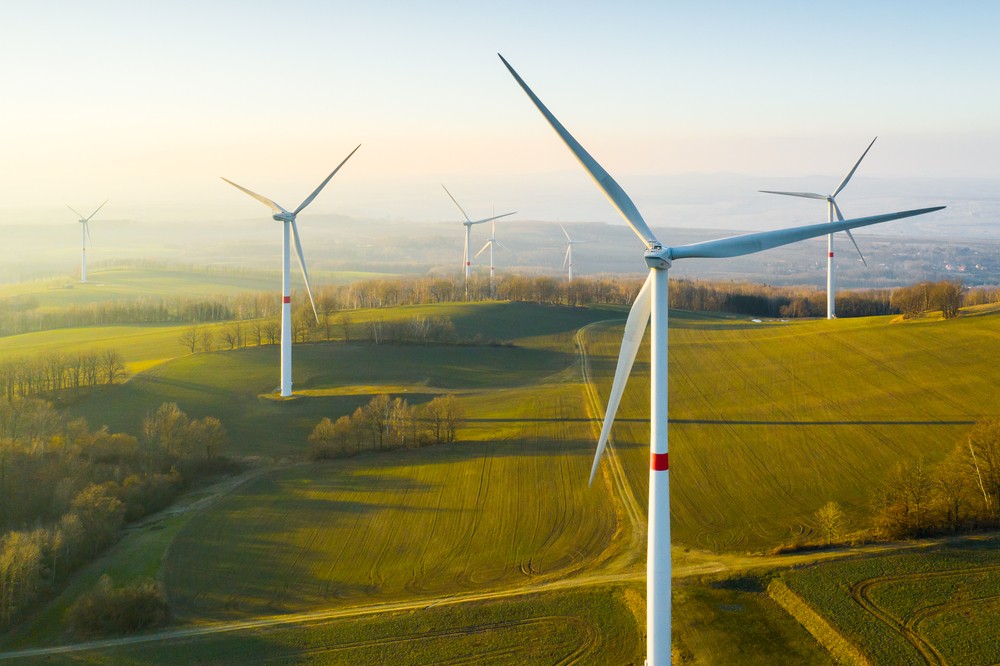In a world increasingly concerned with environmental impact, the carbon offsets market - which allows companies to compensate for their carbon emissions by investing in projects that reduce or remove greenhouse gases elsewhere - has seemingly emerged as a pivotal player in mitigating climate change. However, recent developments indicate a troubling trend: the potential for greenwashing, rather than genuine sustainability, to dominate the landscape.
For instance, according to some energy and sustainability experts, when companies fail to address their own CO2 emissions from producing cosmetics or cars and instead opt to plant trees, it does not render them or their products truly "climate neutral" or "eco-friendly.
With the EU's directive to ban misleading environmental claims on the horizon, experts are sounding the alarm on the urgent need for independent sustainability certification in the carbon offsets market.
"While we appreciate the forthcoming directive, sustainability advocates are facing a pressing dilemma. The current trajectory suggests that waiting for two more years is a luxury we cannot afford. Originally intended to advocate for nature and sustainability, carbon emission offsets have instead become a tool for creating a false facade of corporate sustainability, often without substantive action. The unregulated nature of the market only exacerbates these concerns, leaving many frustrated with its misleading results in terms of reducing CO2 emissions," explains Donatas Karčiauskas, CEO of Exergio, a company dedicated to providing sustainable solutions for commercial buildings to combat energy waste.
The carbon offsets market, once seen as a symbol of environmental sustainability, is also under scrutiny for becoming more profit-oriented. With its current valuation surpassing $2 billion and growing rapidly, concerns arise that this expansion prioritizes financial gain over genuine environmental stewardship.
Initially designed to offset greenhouse gas emissions by investing in projects such as reforestation and renewable energy, the market has failed to significantly impact the environment as intended. Reports indicate that up to 90% of rainforest carbon offsets may be ineffective, highlighting the urgent need for standardized parameters to quantify reductions in CO2 emissions accurately.
"The solution is to have independent entities that could certify a business's sustainability efforts and emission reductions based on preset rules or parameters. At Exergio, we address this challenge by installing an AI-based solution in commercial buildings. These systems continuously monitor various building systems and devices, providing real-time data analysis. With this approach, we can accurately quantify energy savings and demonstrate tangible contributions to sustainability," elaborated Karčiauskas.
There is no universally recognized official certification for carbon emissions in the real estate sector. The market remains largely unregulated, leading to concerns about the effectiveness and reliability of some offset projects. As a result, there is an ongoing debate and calls for more stringent regulation and oversight to address issues such as double-counting and the effectiveness of offset projects.
"Unfortunately, the current state of affairs allows anyone to obtain a certification document from an unregulated market, claiming they are climate neutral. For a building to become a green asset, a self-bought BREEAM certificate is enough. This loophole may persist in the EU for at least the next two years. This approach fails to address the global challenge, as comprehensive regulations are not yet in place worldwide," Karčiauskas concluded.




